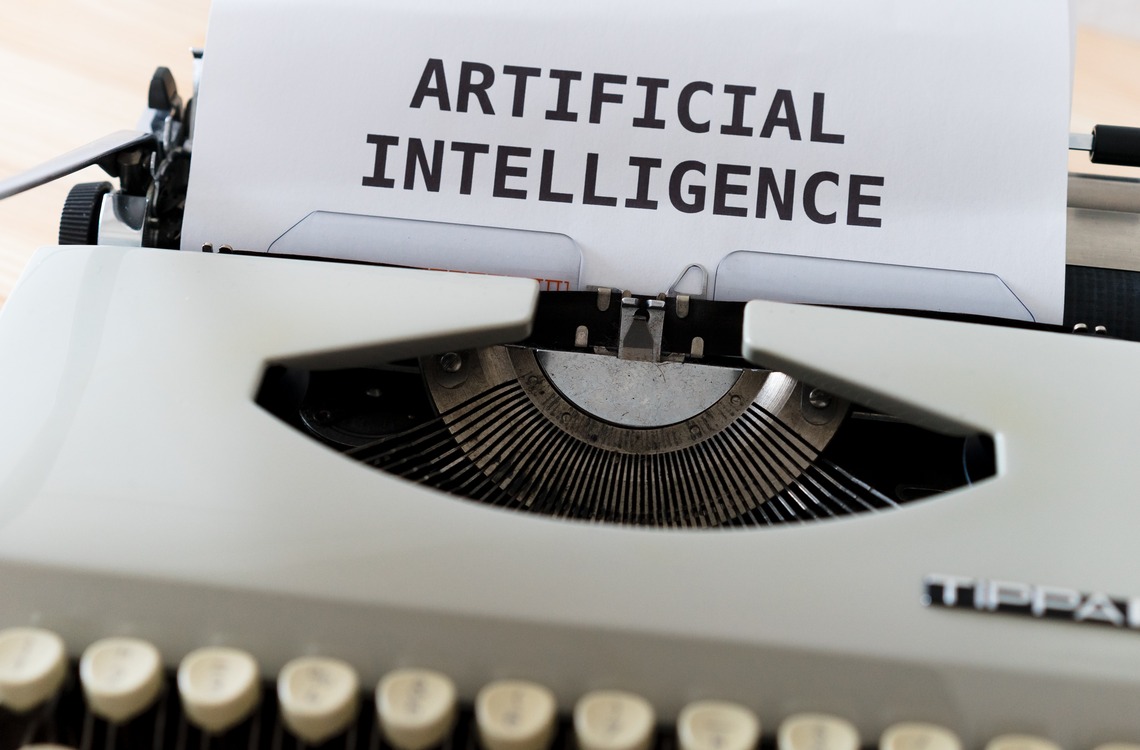Artificial intelligence (AI) has revolutionized many industries, including the creation of content. However, concerns about the use of copyrighted material have emerged, prompting the European Union (EU) to approve a draft law to regulate AI technology production and usage.
The legislation, which is part of the Artificial Intelligence Act, categorizes AI technologies based on the level of risk they pose, from acceptable to unacceptable, and imposes stricter disclosure rules on high-risk instruments. In this article, we will discuss the potential impact of this law on AI technology and how it balances innovation with regulation.
AI Regulation to Protect Copyrighted Material Usage: The Details
The AI regulation law approved by the EU aims to regulate the use of AI technology in various industries, including content creation. The legislation categorizes AI technologies based on the level of risk they pose, ranging from acceptable to unacceptable. The use of high-risk instruments, including generative AI tools, such as ChatGPT and Midjourney, will require more stringent disclosure rules regarding any usage of copyrighted resources made in the course of their AI training.
The AI regulation law’s draft will undergo debates among the legislators and member states before it is finalized. Svenja Hahn, a member of the European Parliament, claims that the bill’s current form balances excessive monitoring with excessive regulation. This balance will ensure that people are protected while encouraging innovation and contributing to economic growth.
The General Data Protection Regulations (GDPR) safeguards data protection and privacy for individuals within the EU. However, the EU’s data watchdog has raised concerns about US-based AI businesses that may face difficulties if they do not comply with GDPR regulations. This concern highlights the importance of complying with the GDPR regulations for AI businesses that operate within the EU.
Impact of AI Regulation on the Financial Sector
Eurofi, a European think tank composed of public and private sector organizations, has published a magazine that focuses on AI and machine learning in the financial sector of the EU. The magazine features mini-essays that touch on the forthcoming Artificial Intelligence Act and its implications for AI innovation and regulation in the financial sector.
Georgina Bulkeley, the director for EMEA financial services solutions at Google Cloud, highlights the importance of AI regulation by stating that the technology is “too vital not to regulate, and it is of insufficient significance to not properly regulate.” The forthcoming Artificial Intelligence Act represents a significant step toward regulating AI usage in various sectors, including the financial sector.
The regulation of AI in the financial sector is crucial to prevent potential risks associated with the usage of AI technology in the industry. For instance, AI can be used to commit financial crimes, such as money laundering and insider trading. Therefore, the AI regulation law’s implementation will ensure that AI technology is used ethically and transparently, thus safeguarding both customers and companies.
Balancing Innovation and Regulation
The proposed AI regulation law represents a significant step toward regulating AI usage in various sectors, including content creation and the financial sector. However, the regulation’s implementation must balance innovation with regulation. Excessive regulation may stifle innovation, while insufficient regulation may result in unethical and potentially harmful AI usage.
The AI regulation law’s current form strikes a balance between excessive monitoring and excessive regulation, as stated by Svenja Hahn. The balance encourages innovation while safeguarding people and promoting economic growth. Therefore, the AI regulation law’s implementation will ensure that AI technology is used transparently and ethically, thus benefiting both customers and companies.
Conclusion
The proposed Artificial Intelligence Act in the EU is a significant step towards regulating the use of AI in a transparent and ethical manner. The Act categorizes AI technologies based on the level of risk they pose, with the highest risk level requiring stringent disclosure rules. This Act will have a significant impact on AI companies that use copyrighted resources during their AI training.
Credit: Source link















































